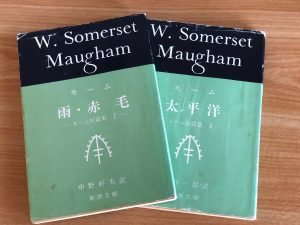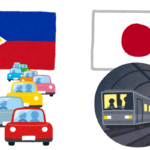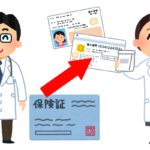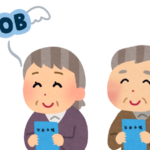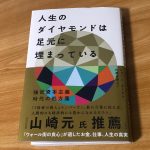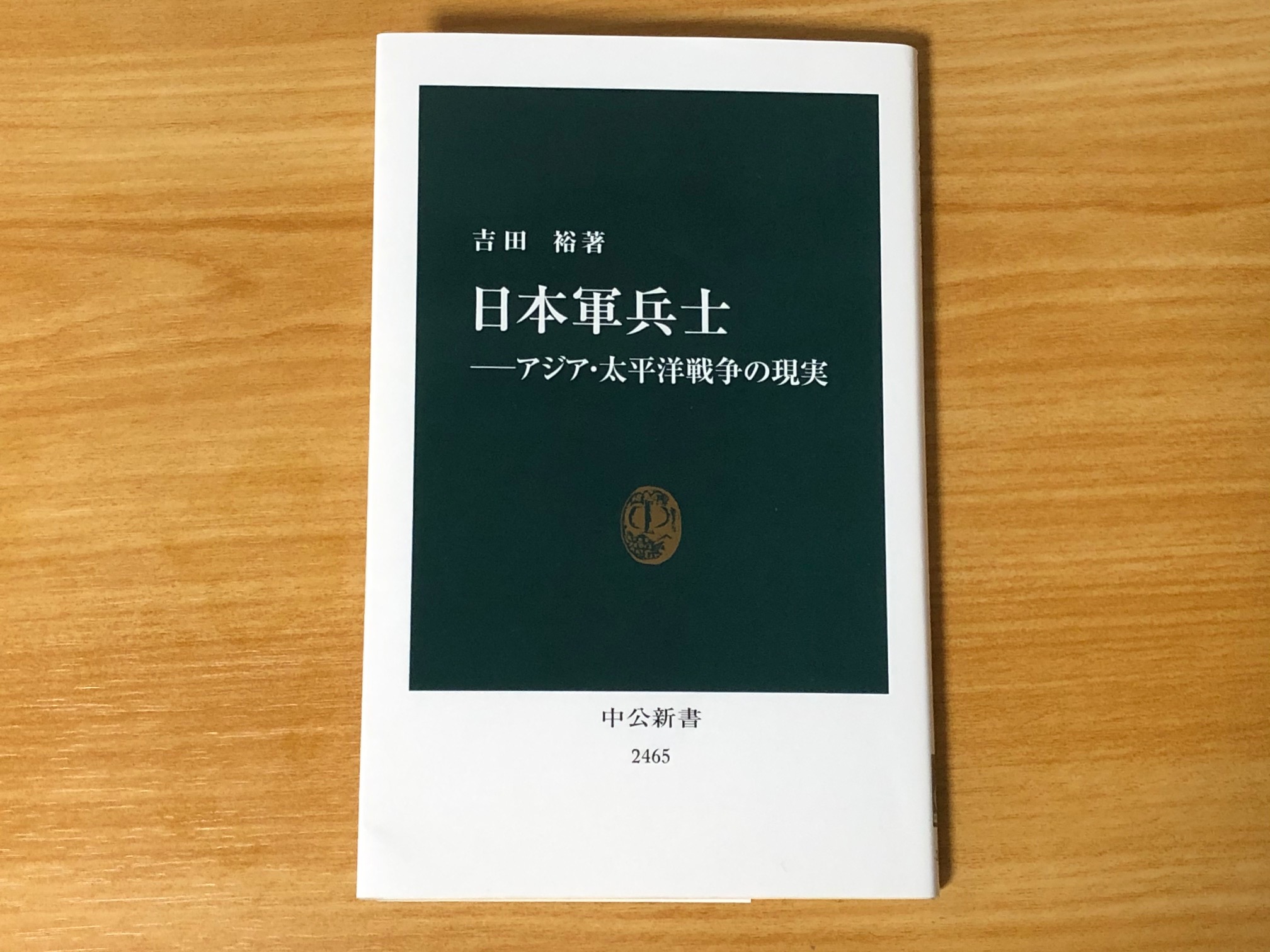
It has been exactly 75 years since Japan lost the war with the US and other allied nations.
What was that war that caused so much suffering? It was with these thoughts in mind that I read "The Japanese Military: The Reality of the Asia-Pacific War".
According to this book, from the Sino-Japanese War to the end of the Pacific War, about 2.3 million Japanese servicemen and civilians died (of which 50,000 were from Korea and Taiwan, which were Japanese territory at the time). The total number of civilian deaths was 3.1 million, including 800,000 civilians.
In contrast, about 100,000 American troops, 23,000 Soviet troops, 30,000 British troops, and 27,000 Dutch troops (including civilians) were killed by that war.
And the number of people who killed in the countries that Japan fought and occupied amounted to 19 million.
Every year during the period between the atomic bombings of Hiroshima and Nagasaki and the anniversary of Japan's defeat (generally we called the anniversary of the end of the war), there is a television report that urges us not to let the memory of the war fade away, but it only deals with the Japanese people. However, we should not forget that many of the victims of that war were from Asia, who were caught up in the war that Japan started.
My father's brother died as a Japanese soldier on the island of Luzon in the Philippines in the year of defeat. He died of illness in the war, probably from starvation and malaria. He was one of 336,000 Japanese soldiers who died in the Philippines.
Meanwhile, the number of Filipino casualties is estimated to be 1.11 million, far more than the Japanese soldiers.
My wife is a Filipina from Cebu and we never talked about the war, but her father, who died this year, was born in 1944, so he probably didn't experience the war first hand, but I think some of his relatives were victims of that war. So maybe he had some kind of desire for his daughter to marry a Japanese.
I was born in 1956 (the year it was said that the war was no longer post-war), and I don't really know anything about the war except for what my parents tell me about it. My father was training as a naval officer in Shibushi Bay, Kagoshima, when the war broke out. My mother told me that the city of Hakata was burned to the ground and that she was shot by American fighter airplane, so I think that young people today are still very close to the war.
Today marks 75 years since our defeat. There is a lot of coverage of the war in the mass media. Of course it is important to hold memorial services for the victims of that war, but at the same time, I think it is more important than anything else to seriously question why Japan started that reckless war.
I think the biggest reason why East Asian countries say that Japan did not reflect on the war is that Japan and the Japanese people did not sum up the war. I remember learning about Japes history up to the Meiji and Taisho eras in high school, but the Showa period was almost never mentioned because it was at the end of the semester.
Germany, which is often compared, seems to have summed up its problems by placing most of the blame on Hitler and the Nazi regime, but what about Japan? Is it correct to say that the emperor and the military are solely responsible for their actions? Each and every one of us must think about this, and the government must take the lead in gaining consensus and summing up the situation rather than offering vague reflections.
War is bad, of course, but if we don't think about why we couldn't stop the war until we are convinced, we may not be able to avoid making another mistake.
